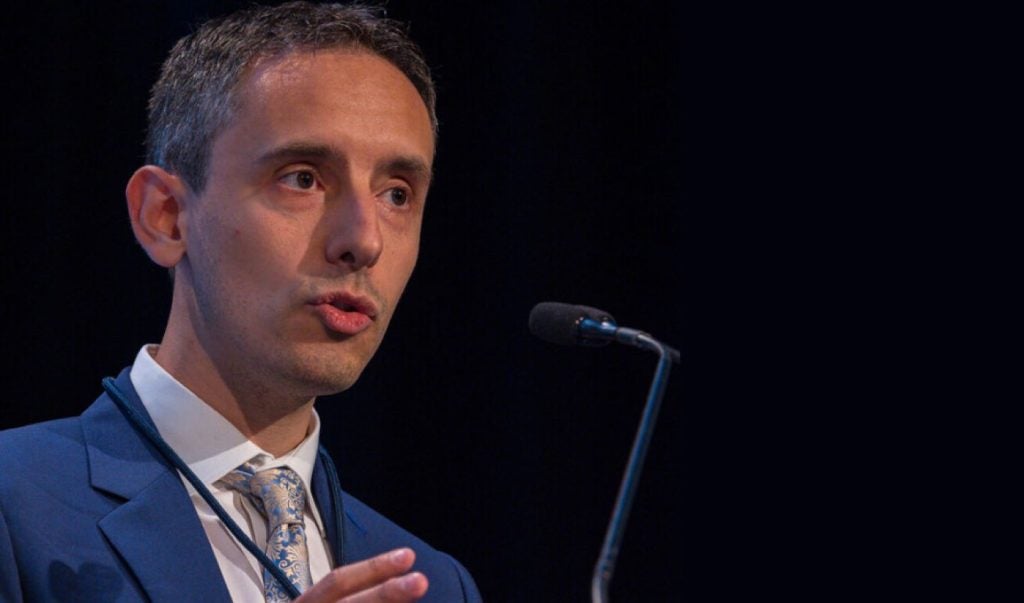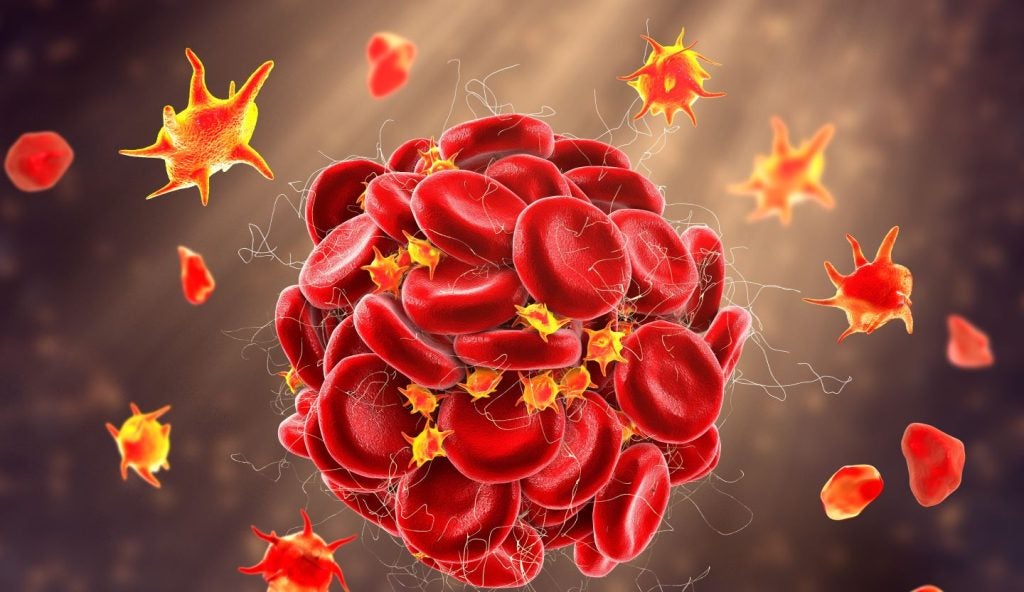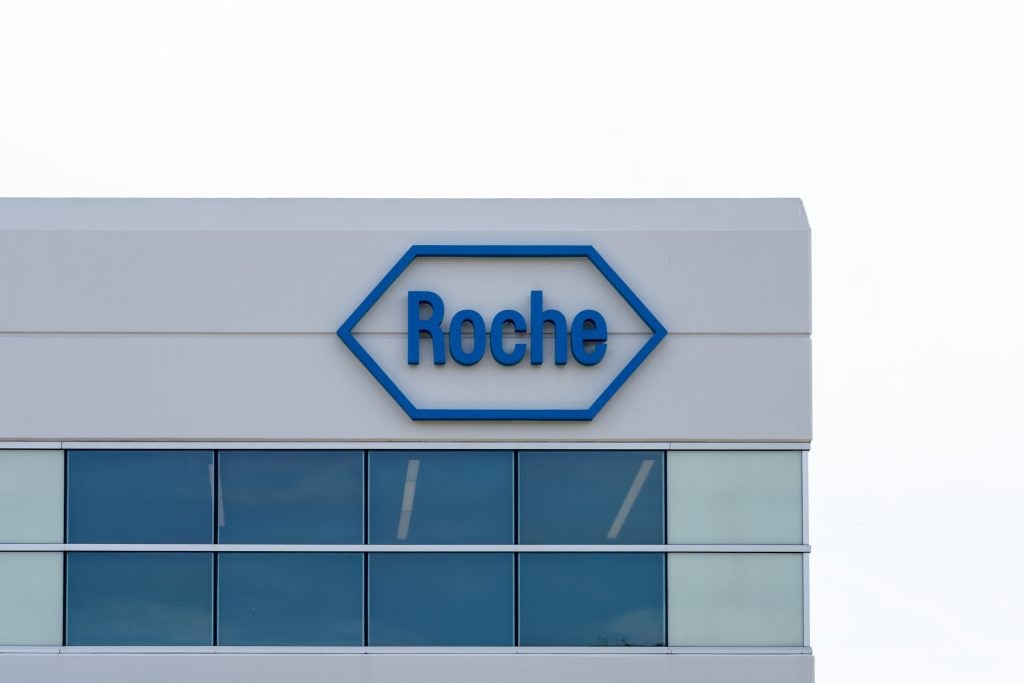Imperial College Healthcare NHS Trust has commenced dosing of the first subjects in the UK with experimental messenger ribonucleic acid (mRNA) therapy, mRNA-4359, in a Phase I/II clinical trial to treat solid tumours, including melanoma and lung cancer.
This immunotherapy is designed to trigger the immune system of the patient by presenting common tumour markers.
An 81-year-old man from Surrey, diagnosed with treatment-resistant malignant melanoma, was the first UK recipient of mRNA-4359.
The treatment was administered at the National Institute for Health and Care Research (NIHR) Imperial Clinical Research Facility at Hammersmith Hospital.
Dubbed Mobilize trial, the non-randomised, open-label study is a collaborative effort between Imperial College London and Imperial College Healthcare NHS Trust.
It is sponsored by Moderna, which plans to enrol subjects across the globe over the coming three years.
The primary goal is to assess the safety and tolerability of mRNA-4359, either as a monotherapy or along with pembrolizumab, an immune checkpoint inhibitor.
Trial subjects will be followed up for 34 months.
Researchers are also keen to determine if the combination of mRNA-4359 and pembrolizumab can actively reduce tumours in patients with certain types of lung and skin cancer.
Preclinical testing in cell and animal models has shown that the therapy can stimulate the immune system, justifying its progression to early-phase clinical trials.
The trial is part of the Moderna-UK Strategic Partnership, which aims to enhance mRNA vaccine manufacturing in the UK and bolster the country's resilience against future health crises.
As part of a ten-year agreement with the government, Moderna is also investing in research and development, including conducting numerous clinical trials in the UK.
Imperial College London Department of Surgery & Cancer clinician-scientist and Imperial College Healthcare NHS Trust consultant medical oncologist Dr David Pinato said: “New mRNA-based cancer immunotherapies, such as mRNA-4359, offer a new avenue for recruiting the patient’s own immune system to fight their cancer.
“This research is still in the early stages and may be a number of years from being available to patients, but this trial is laying crucial groundwork that is moving us closer towards new therapies that are potentially less toxic and more precise. We desperately need these to turn the tide against cancer.”
Pinato is the investigator of the UK arm of this trial.















